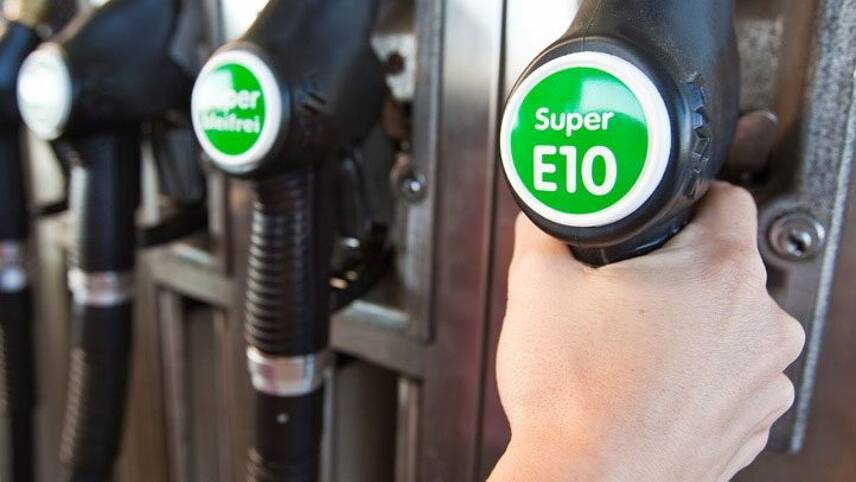Register for free and continue reading
Join our growing army of changemakers and get unlimited access to our premium content

The ethanol used to make E10 is derived from low-grade grains
The Government first confirmed that it would mandate E10 – a lower-carbon fuel mixed with 10% ethanol – by September 2021 earlier this year. At the time, the Department for Transport (DfT) touted a potential 750,000-tonne reduction in annual road transport emissions from the switch. Transport is notably the UK’s most-emitting sector.
Today (1 September), E10 has reached the first UK petrol stations, with the Government promising a replacement of the old E5 blend “at pace” in the coming weeks. The roll-out will affect England, Wales and Scotland in the first instance; Northern Ireland is expected to begin rolling out E10 in early 2022. Nations including Germany, Finland, France and Belgium have already switched the standard petrol for a 10% ethanol blend.
“Although more and more drivers are switching to electric, there are steps we can take today to reduce emissions from the millions of vehicles already on our roads – the small switch to E10 petrol will reduce greenhouse gas emissions as we accelerate towards a greener transport future,” said Transport Secretary Grant Shapps.
The UK Government has been keen to reassure motorists about the price and practicalities of using E10.
On the former, the DfT said in a statement that E10 will be the same price at the pump and will only “marginally” affect fuel economy, by up to 1%. On the latter, it has claimed that 95% of petrol cars can use E10 and launched a new website where drivers can check their vehicle’s eligibility.
Cars which may not be able to take E10 include models made in the early 2000s, classic cars and cars that have been fitted with replacement parts. The DfT is encouraging those driving cars which cannot use E10 to purchase E5 super unleaded instead and “not to panic” if they accidentally choose E10.
The RAC has issued additional advice, with head of policy Nicholas Lyes stating: “Drivers who will continue to rely on E5 will also need to make sure the filling station they’re visiting stocks the fuel in the first place, or risk running out of fuel and having to call on their breakdown provider.
“We’d also like to remind owners of classic cars that need to be careful not to accidentally top up with E10 and then leave it sat unused in the tank for long periods, something which can lead to expensive damaged plastics, metals and seals.”
The news comes in the same week that the UN Environment Programme (UNEP) announced that all countries have successfully phased out leaded petrol for cars and lorries.
Most high-income countries had banned the fuel by the 1980s, but it was only in July that Algeria – the last country still to use leaded petrol – ran out.
The UNEP said in a statement: “This is a major success story, with very positive implications for the health of humans and of ecosystems affected by leaded fuel since it began being in use 99 years ago.
“But it also has an important meaning for the future on making transportation cleaner and greener – the final phase-out shows the strength of multilateral action. One may hope this victory, in an era of lots of doom and gloom stories, will inspire additional victories on other environmental fronts.”
Sarah George


Please login or Register to leave a comment.